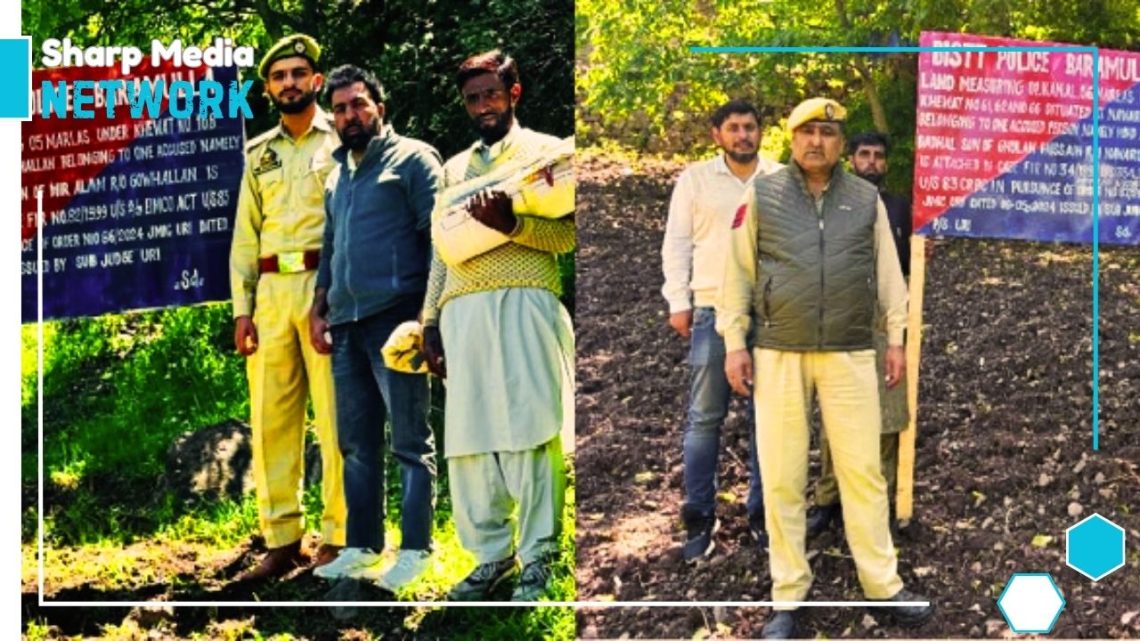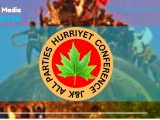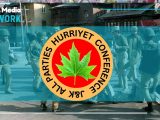
Property Seizures in IIOJK: A Weapon of Collective Punishment
December 8, 2024Modi regime weaponizes property seizures to crush Kashmiri identity and enforce collective punishment in IIOJK.
The Narendra Modi-led regime in India continues its oppressive grip on Indian Illegally Occupied Jammu and Kashmir (IIOJK), now targeting civilian properties under fabricated charges. In a recent move, the Indian police seized five residential houses and three vehicles in the Bijbehara area of the Islamabad district, collectively valued at ₹4.3 crores.
The seized properties belong to civilians Reyaz Ahmad Dar, Mohammad Yousuf Reshi, Subzar Ahmad Mir, Mohammad Shafi Dar, and Abdul Hamid Chopan. Additionally, vehicles owned by Mohammad Shafi Dar, Manzoor Ahmad Mantoo, and Rahul Singh of New Delhi were confiscated. These actions, executed under dubious allegations, exemplify the misuse of state machinery to inflict economic ruin on ordinary citizens.
Kashmiris increasingly view these property attachments as tools of collective punishment, bypassing due process and transparent legal scrutiny. Families are left destitute as their assets are stripped without any substantiated evidence or fair trial. This legal overreach exposes the regime’s authoritarian agenda, turning the law into a weapon rather than a means of justice.
Such actions fit a troubling pattern of collective punishment in IIOJK, where families are made to suffer for alleged connections to militancy. This approach violates fundamental human rights and international law, which condemn punitive measures against innocent civilians.
By targeting livelihoods and economic stability, the Indian authorities aim to deepen the socio-economic marginalization of the Kashmiri population, forcing them into a state of dependency and despair.
Seizing property without due process not only disrupts lives but instills fear and hopelessness in the community. These measures are part of a larger strategy to suppress dissent and erase Kashmiri identity by economically incapacitating its people.
The international community’s silence on such blatant violations has emboldened India to continue its repressive policies in IIOJK. While global powers preach democracy and human rights, their inaction in IIOJK reflects a stark double standard.
These property seizures are not isolated incidents but a manifestation of systemic oppression. Human rights organizations and international watchdogs must urgently investigate these practices and hold the Indian government accountable. Justice demands that the voices of Kashmiris be heard and their fundamental rights restored.

